Cloud computing is the inevitable future and has been a hot topic of technology discussion for years now. The tool has evolved from a niche player to one of the most discussed and adopted technologies by vendors, analysts, and users. Plus, it offers new ways to leverage IT resources and services – instead of significant upfront investments for hardware, software, and related operating costs, organizations can pay only for the computing capacity they need, when they need it.
Cloud computing is a way of using computing services that rely on virtualization, automation, and outsourcing. The “cloud” refers to the internet, while the computing industry encompasses everything that happens online. “Cloud computing” is an umbrella term to describe several different online services, including “software as a service” (SaaS), “infrastructure as a service” (IaaS), and “platform as a service” (PaaS). Typically, the mentioned services are offered as a subscription model. Businesses pay the provider to access a certain amount of processing power, storage, and software. This model differs from purchasing and installing hardware in-house, known as “on-premises” computing.
What is the future of cloud computing?
The solution is a fast-growing industry with immense potential. Furthermore, its future is flexible, scalable, and cost-effective, and offers new ways to use IT. To understand the cloud computing future, it is essential to understand its past. As the technology associated with cloud computing continues to develop, its future looks bright. The advent of Artificial Intelligence, blockchain, and edge computing could dramatically change the way we process and store data. Cloud computing is already prevalent today, but that is not likely to change any time soon. This type of storage is projected to grow even more in the coming years. As more companies adopt it, there will be an increase in demand for cloud solutions that can potentially exceed supply.
Why is the cloud becoming so important?
Over time, it becomes necessary to keep up with the exponential rate of technological growth. The cloud allows individual companies to outsource their data storage to a service provider. This allows each company to have more resources available, be more efficient with them, and save money in the long run. The solution is expanding as more and more people are becoming aware of the benefits it can offer, in addition to presenting types of plans suited to different needs, which makes it almost universally accessible. As time passes, it will continue to expand, and more and more people will be able to enjoy its benefits.
According to Forbes, you have three options when it comes to handling your business’s computing needs. First, there’s the old local pattern – running the computation itself. Second, you can take a hybrid approach, which combines on-premises basic load compute readinesses with on-demand scaling in the cloud. Finally, you can do everything on demand – which would generally be preferable for companies with many compute-intensive tasks with a defined start and end, such as AI machine learning or rendering jobs.
Whether you choose to use the cloud or not, it’s good to know it exists. Cloud-based high-performance computing (or HPC), which offers the ability to perform complicated calculations and data processing at high speed, is a flexible option. Businesses decide when and how much processing power they need.
Expected growth of cloud computing
The tool is expected to grow significantly in the coming years, with an estimated increase of 19.9%, according to data shared by Forbes. This growth is expected to be driven by several factors, including SaaS, IaaS, and PaaS changes. SaaS, for example, is expected to reach a total market size of $720.44 billion by 2028, plus a wide range of industries will witness growth in the cloud computing sector. Initiatives such as telecommunications, financial services, media, and entertainment are expected to grow significantly in the coming years.
Some technologies will play a vital role in the future of cloud computing.
Artificial Intelligence will enable the creation of more powerful and efficient cloud computing solutions, besides helping simplify and automate tasks, making them more effective and efficient.
Blockchain should help create a more secure and transparent environment. The tool will provide a decentralized, cloud-based platform for storing and sharing data. This will make cloud computing more secure, reliable, and auditable.
Web 3.0 will strengthen the relationship between users, applications, and cloud providers, and make switching providers and sharing data between applications more accessible.
The cloud is ubiquitous in the tech world – it’s everywhere and continues to expand rapidly. As the technology matures, the future is even brighter with more focus on security and a more prominent role for Artificial Intelligence.





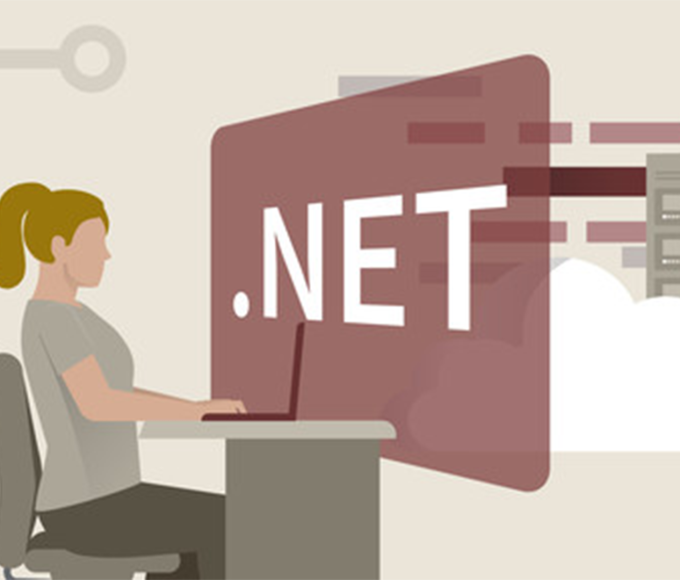


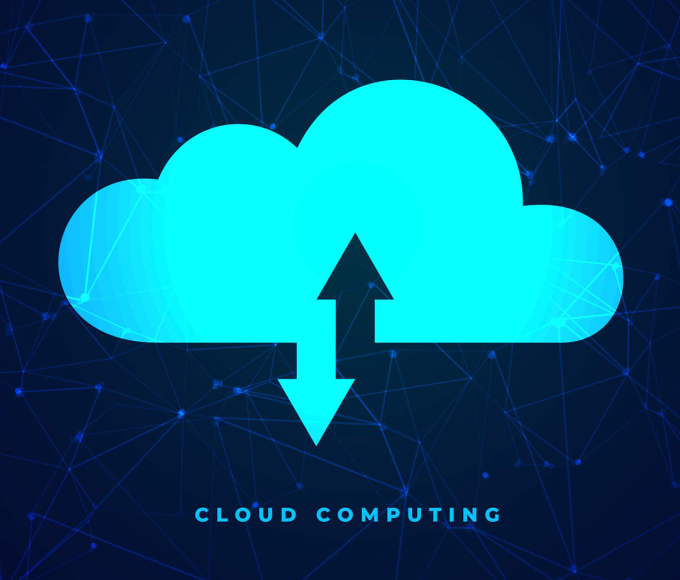
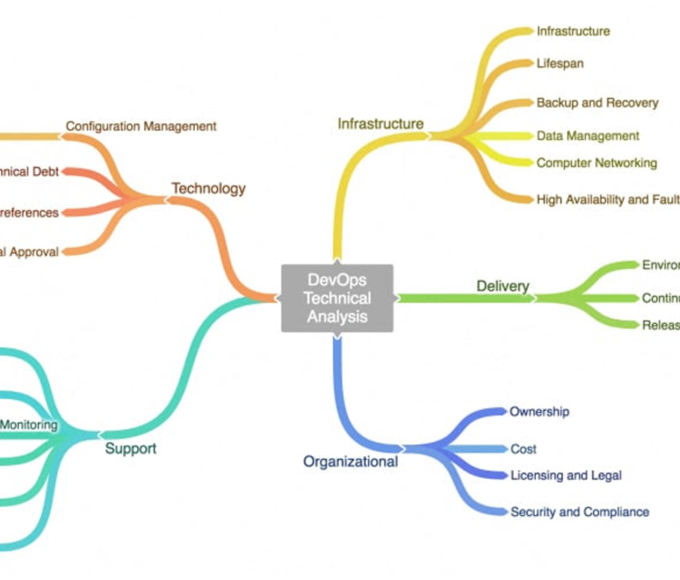




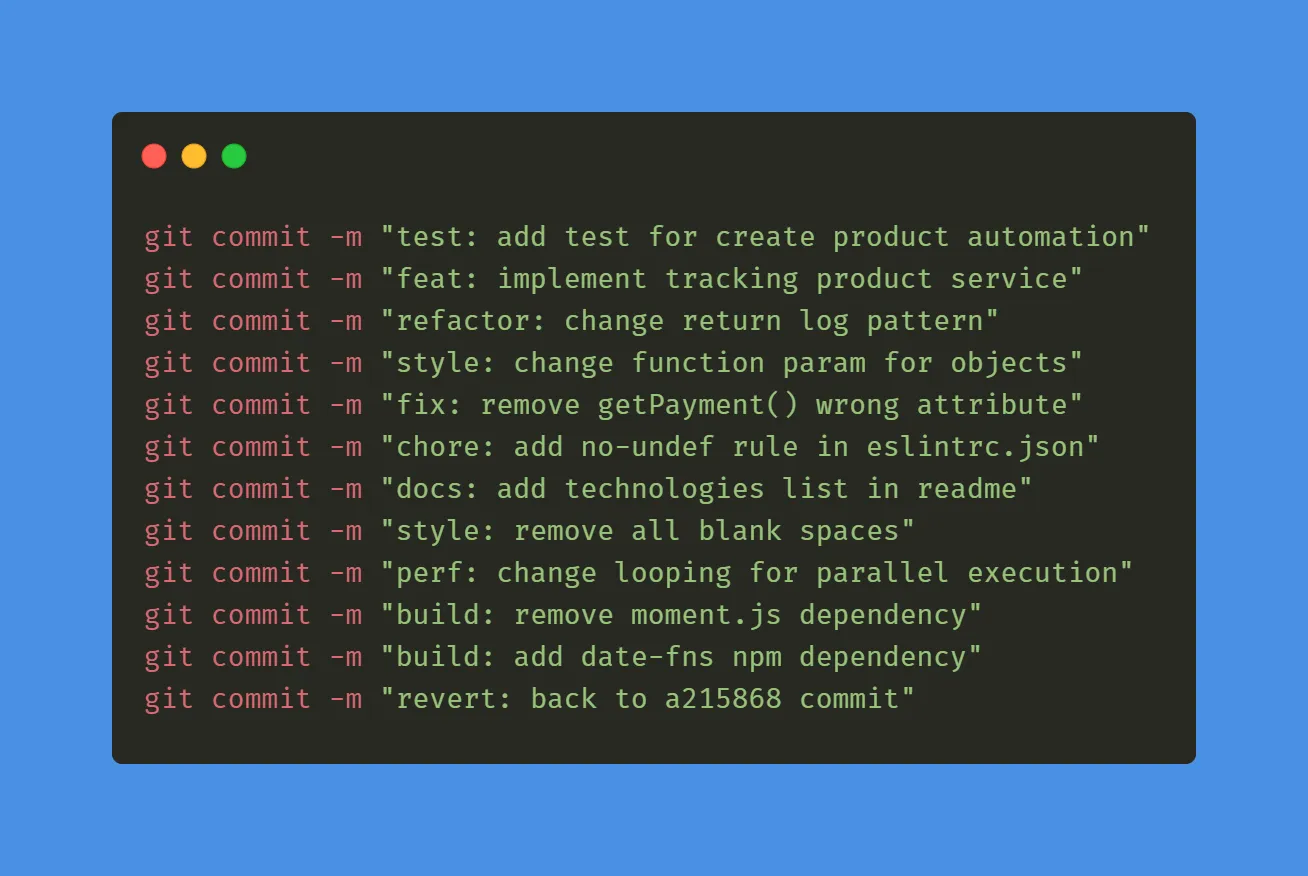

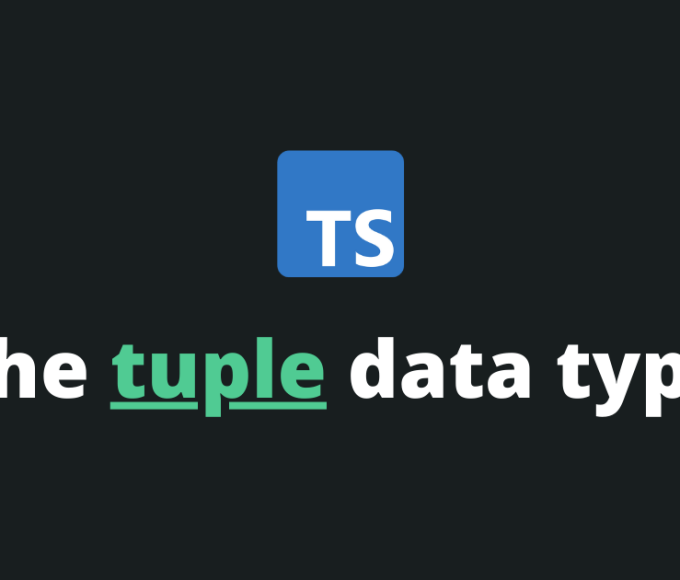










Leave a comment